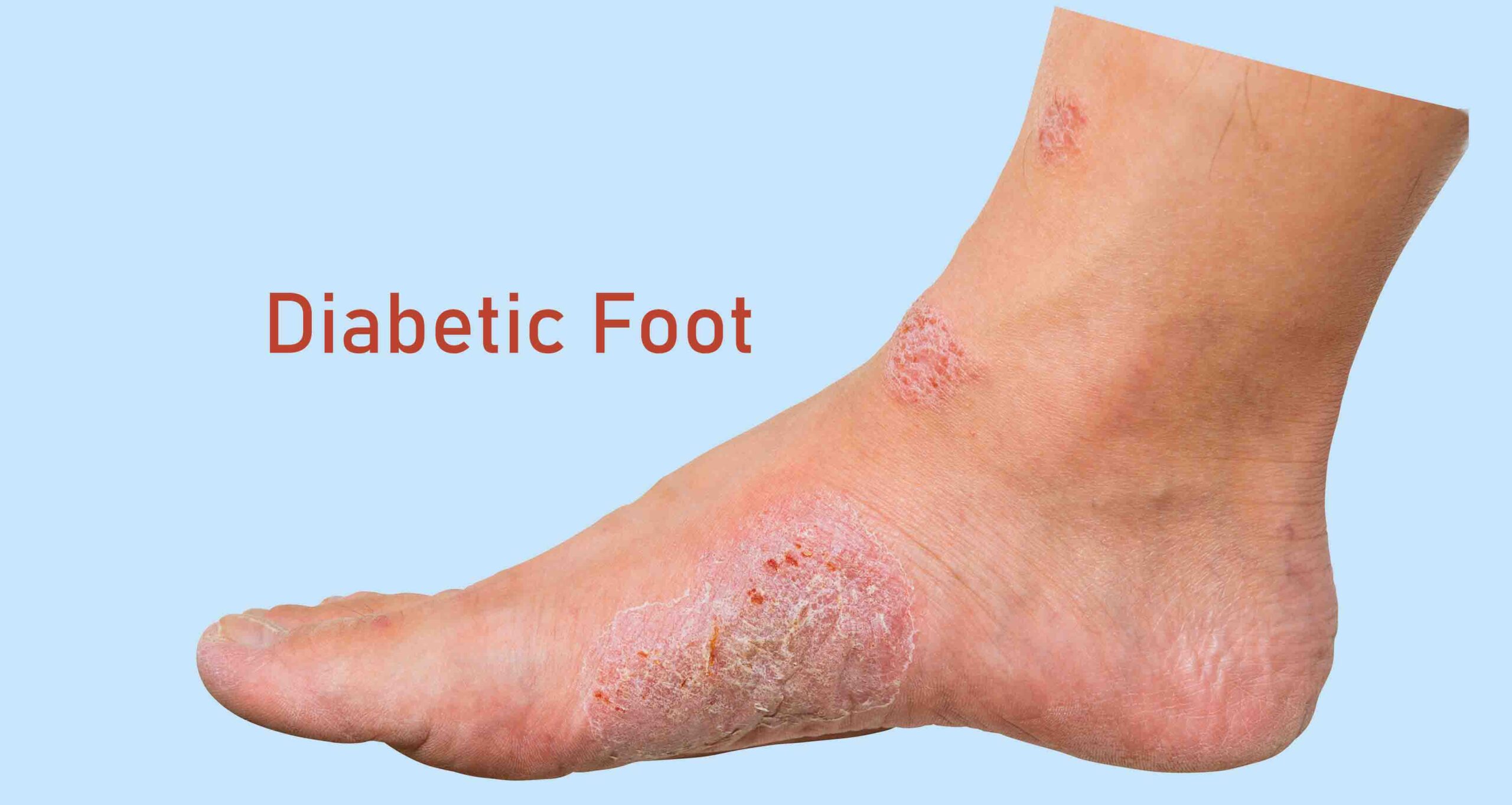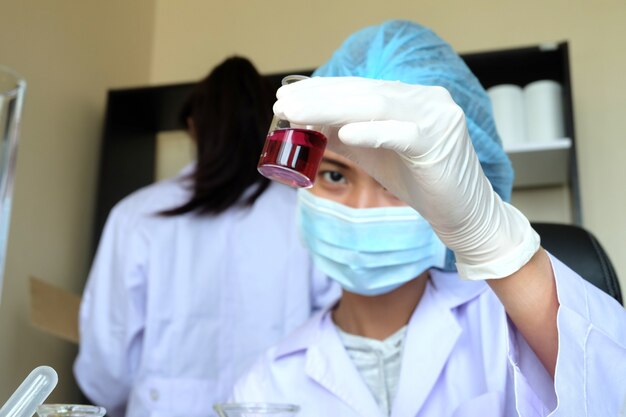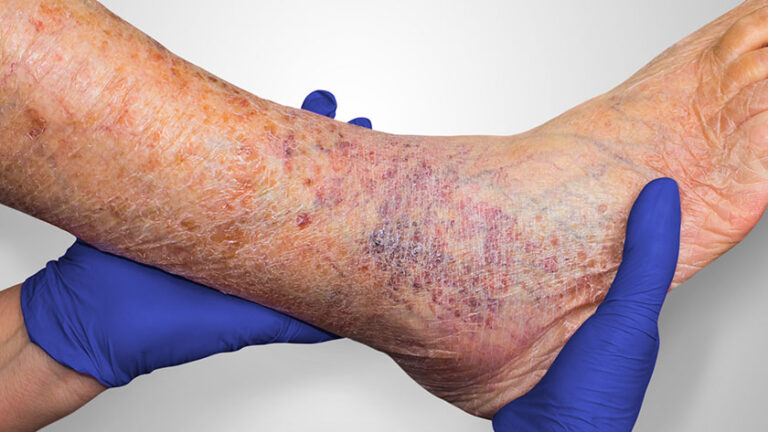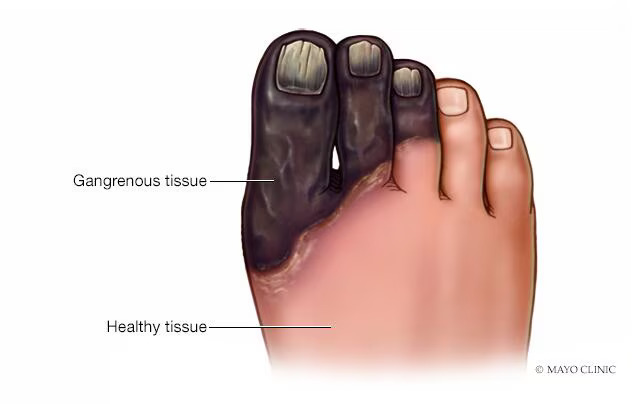Diabetic foot Treatment in Sector 79
A chronic illness that affects millions of individuals globally is diabetes. One of the serious complications of diabetes is the development of diabetic foot, a condition that can lead to severe health issues, including infection, gangrene, and even amputation if not treated promptly and effectively. In Sector 79, specialized diabetic foot treatment is available to help manage and prevent these complications, ensuring patients maintain optimal foot health and quality of life. This article explores the holistic approach to diabetic foot treatment in Sector 79, emphasizing the interventions that are accessible, the need for prompt intervention, and preventive actions.
Understanding Diabetic Foot
Diabetic foot is a term used to describe foot problems in people with diabetes. High blood sugar levels can cause nerve damage (neuropathy) and poor blood circulation, which can lead to foot ulcers, infections, and other serious issues. Diabetic neuropathy reduces sensation in the feet, making it difficult for patients to detect injuries. Poor circulation further complicates the healing process, increasing the risk of infection.
Common Diabetic Foot Complications
- Foot Ulcers: Open sores that occur most commonly on the bottom of the foot.
- Infections: These can develop from ulcers or minor injuries and can quickly become severe.
- Gangrene: Tissue death caused by a lack of blood supply, which can lead to amputation if not treated.
- Charcot Foot: A condition where the bones in the foot weaken and break, causing deformities.
Importance of Early Detection and Treatment
Early detection and treatment of diabetic foot problems are crucial. Regular foot examinations by a healthcare professional can help identify issues before they become serious. Patients should also perform daily self-checks to monitor for any changes or injuries.
Diabetic Foot Treatment Options in Sector 79
1. Wound Care and Management
Effective wound care is essential for treating diabetic foot ulcers. In Sector 79, specialized clinics offer advanced wound care treatments, including:
- Debridement: The removal of dead or infected tissue to promote healing.
- Dressings: Specialized dressings that protect the wound and maintain a moist environment for optimal healing.
- Antibiotic Therapy: Topical or oral antibiotics to treat infections.
2. Offloading
Offloading is the practice of relieving pressure from the affected area to allow for healing. This can be achieved through:
- Specialized Footwear: Custom-made shoes or inserts that reduce pressure on ulcers.
- Total Contact Casting (TCC): A cast that distributes weight evenly and protects the foot.
3. Vascular Treatments
Poor circulation is a major contributor to diabetic foot complications. Vascular treatments aim to improve blood flow to the affected area. Options include:
- Angioplasty: a process to unblock or narrow blood arteries.
- Bypass Surgery: Creating a new path for blood flow around a blocked artery.
- Medications: Drugs to improve circulation and prevent blood clots.
4. Nerve Treatments
Managing diabetic neuropathy is critical to prevent further damage. Treatments may include:
- Medications: Pain relievers, antidepressants, and anticonvulsants to manage nerve pain.
- Lifestyle Changes: Blood sugar control, regular exercise, and a healthy diet to slow nerve damage progression.
5. Hyperbaric Oxygen Therapy (HBOT)
HBOT involves breathing pure oxygen in a pressurized chamber, which can enhance wound healing by increasing oxygen supply to the tissues. This therapy is available in specialized clinics in Sector 79 and is particularly beneficial for chronic, non-healing wounds.
6. Surgical Interventions
In severe cases, surgical intervention may be necessary to treat diabetic foot complications. Surgical options include:
- Debridement: Surgical removal of dead tissue.
- Amputation: In cases of severe infection or gangrene, partial or complete amputation may be required to prevent the spread of infection.
- Reconstructive Surgery: methods for improving foot function and correcting abnormalities.
Preventive Measures
Preventing diabetic foot complications is essential for maintaining foot health. Key preventive measures include:
1. Regular Foot Examinations
Patients should schedule regular check-ups with a healthcare provider specializing in diabetic foot care. These examinations can help detect early signs of problems and allow for prompt treatment.
2. Daily Foot Care Routine
Patients should establish a daily foot care routine, which includes:
- Washing and drying feet thoroughly.
- Inspecting feet for cuts, blisters, or any abnormalities.
- Moisturizing feet to prevent dry, cracked skin.
- Trimming toenails carefully to avoid ingrown nails.
3. Proper Footwear
Wearing well-fitted, supportive shoes is crucial to prevent injuries. Patients should avoid walking barefoot and choose shoes that provide adequate cushioning and protection.
4. Blood Sugar Control
Maintaining optimal blood sugar levels is vital to prevent neuropathy and poor circulation. Patients should follow their prescribed diabetes management plan, including medication, diet, and exercise.
5. Healthy Lifestyle Choices
Adopting a healthy lifestyle can significantly reduce the risk of diabetic foot complications. This includes:
- Eating a balanced diet rich in nutrients.
- Engaging in regular physical activity.
- Avoiding smoking, as it impairs blood circulation.
Conclusion
Diabetic foot complications can have severe consequences if not addressed promptly and effectively. In Sector 79, specialized clinics and healthcare providers offer comprehensive diabetic foot treatment to manage and prevent these issues. From advanced wound care and offloading techniques to vascular and nerve treatments, patients have access to a wide range of services to maintain optimal foot health. Diabetic foot treatment in Sector 79 focuses on providing a multidisciplinary approach to care, ensuring that all aspects of the condition are addressed.
For any further queries, Plz visit drankitinterventionalradiologist.com







